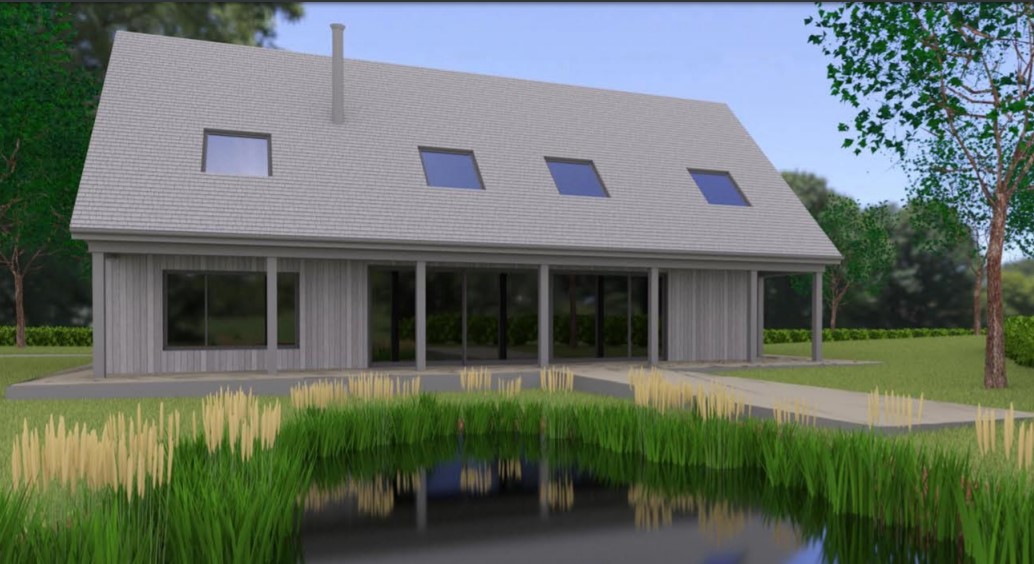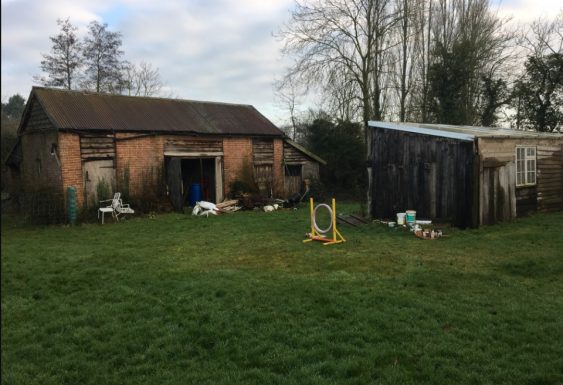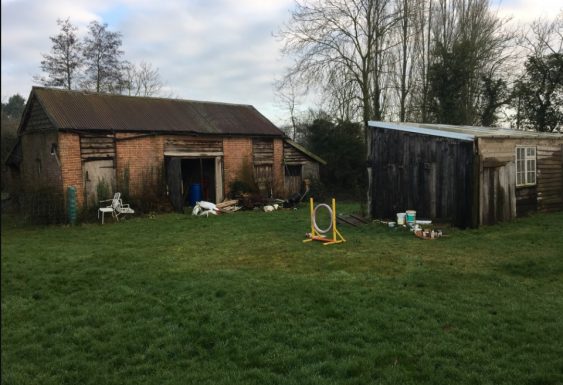
A heritage appraisal was produced to support a scheme to replace the barn at Plough Farm (Hinderclay) with a new eco house. As a building with some local material (clay lump) and falling in the context of the listed Farm, the Council required information on the historic and architectural character (fabric) of the building. This was followed by an Impact Assessment which evaluated the impact of new design on the heritage asset.
Outcomes:
The conclusions of this work recommended that rather than eroding or destroying any potential significance of the barn or the building in its setting, the new dwelling would provide an enhancement.
Background:
The initial concern about the 1960’s ancillary barn was the use of Clay lump on one small section of wall; as this represented the use of an economic and durable building material. Although clay lump is now relatively rare, its historic value in the barn as evidence of a past common building form is low. We found there to be better examples in the area and so the case was made that loss of the clay lump barn and its replacement by an eco-style building would have demonstrable benefits. The placement of a new building in the setting of the street and the village would play a role in the historic evolution of the village and through using, familiar materials (timber walls and aluminium windows) and scale, it would pay strong reference to the mixed palette defining the village and its surrounds.
A distinctive and sustainable development;
Despite the local authority recommending it for refusal due to the harm to the significance of the building and harm the setting of Plough Farm, the heritage statement gave “appropriate expertise” (NPPF para.189) to clarify the origins and significance of the outbuilding. We showed how the demolition of a later building with a minor amount of historic fabric and its replacement with a new-build dwelling, would add to local distinctiveness and qualify as sustainable development in NPPF terms.

